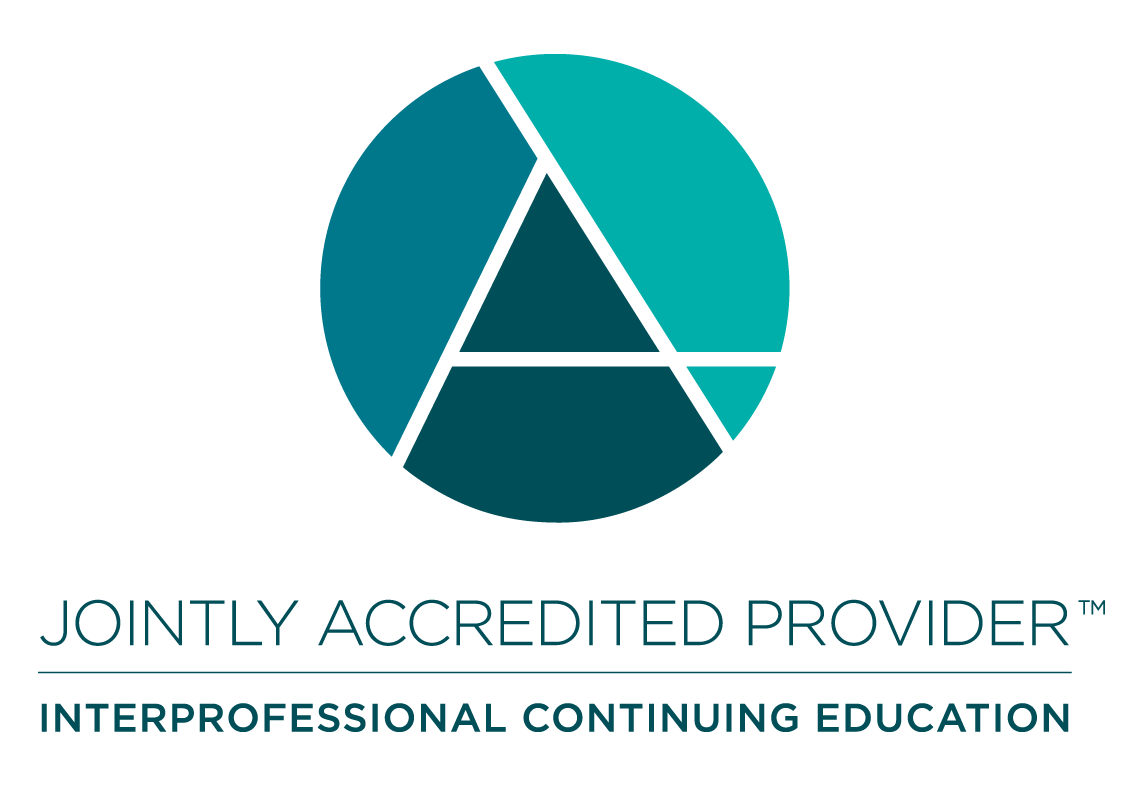DO YOU KNOW?
The need for certified registered nurses (RNs) in Gerontological nursing is urgent, huge today and soaring tomorrow. Most patients in long-term care are over 65 years old yet two-thirds of all U.S. nurses have no geriatric training at all. Aging baby boomers - the biggest generation in U.S. history - are creating massive demand for geriatric care. This online training course was expressly developed to promote the professional and educational advancement of registered nurses (RNs) in long term care facilities to meet this demand and to put RNs on the path to the coveted credential, "board certified."
Nursing shortage
Issue 1: Workforce environment complicated by a critical nursing shortage.
The nursing shortage that pervades the U.S. exhibits itself at all levels - local, state and national. No large metro or small town is immune - and the problem is most severe in rural areas. The current jobs downturn has disguised the problem - but the deficit remains real and serious. more
The problem is not lack of interest in nursing as a career. Just the opposite. Across the U.S., qualified applicants far exceed capacity to educate them. The long-standing problem: insufficient facilities, student slots and faculty to train them. While nursing schools everywhere have scrambled to increase capacity, to prepare more nurses faster, the problem won't be solved soon. Projections call for a nursing deficit through 2030.
Retention Rate
Issue 2: It's hard to attract and retain good nurses, more so in a shortage.
The prolonged nursing shortage ramps up competition for nurses at all levels, especially RNs, in all types of nursing specialties and care settings. Nurses have lots of options. Outstanding nurses can often name their employer and terms.
Nursing Staff Stability
Issue 3: : Staff stability in general & specifically in LTC/AL facilities.
A stable, enthusiastic staff is crucial to success in any organization, any field. While nursing is an exceptionally rewarding career, it can also be stressful. more
Thus, an ongoing challenge for all nurse employers is to remedy staff burnout and turnover. Nursing studies show that the challenge is biggest for LTC/AL facilities. But Gero Nurse Prep results show that advanced gerontological education can significantly raise job satisfaction, contentment, loyalty and retention.
Nurse Replacement Costs
Issue 4: Nurse replacement costs can be stiff, and the cycle long.
HR employment reports suggest that - when all costs, direct and hidden, are reflected - replacing a departed nurse can easily total 150% of her/his salary. more
Other things being equal, retention is almost always the less costly option - and the one that best serves seamless care quality and operations continuity. Plus the replacement cycle - again, in a competitive market fueled by too few nurses - can be lengthy, often resulting in service disruption.
No Senior Care Training
Issue 5: 2/3 of all U.S. nurses have no senior care training, yet most patients in long-term care & more than 50% in hospitals are over 65.
Given rapid U.S. growth in the 65+ population over the past generation, that percentage is eye-opener #1. more
What it means: No matter how competent in core nursing skills, a new long-term care RN without proper preparation is basically engaged in permanent on-the-job training. That can make it difficult to relate to, communicate with, care for and 'read' senior residents - in terms of physical, mental and emotional health.
Only 1%
Issue 6: : Only 1% of the nation's 2.2 million RNs have gerontological certification.
Board certification is the gold standard for clinical nursing practice at the RN level. more
It symbolizes clinical excellence in a specialty. With the burgeoning older adult population, we need nurses who are prepared to care for this growing population.
Soaring Demand
Issue 7: : Soaring care demand for aging baby boomers over next two decades.
The first wave of age-65 baby boomer retirees hit in 2011. And huge waves continue yearly through 2029. more
The good news: nursing schools today provide more gerontological education for their RN-path students, in both associate and bachelor's degree nursing programs. The not-so-good news: Only about a third of nurses now in the workforce had any pre-degree geriatric training in nursing school.
Healthy People 2020
Issue 8: : Health People 2020 Objective OA-7.3: Increase the proportion of registered nurses with geriatric certification.
As Americans live longer, growth in the number of older adults is unprecedented.more
In 2014, 14.5% (46.3 million) of the US population was aged 65 or older and is projected to
reach 23.5% (98 million) by 2060.1
Professionals, paraprofessionals, as well as paid and unpaid caregivers need basic and continuing geriatric
education to improve care for older adults.5
Healthy People 2020 objective OA-7.3 sets a target of a 10 percent improvement in the number of
registered nurses with geriatric certification.

